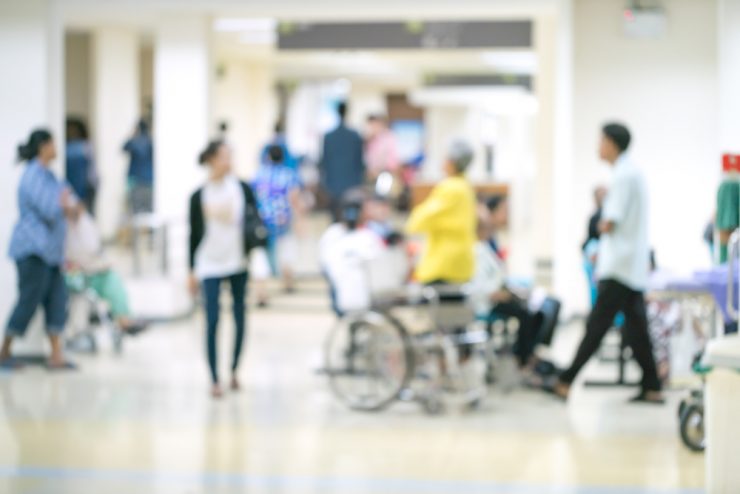A health professional takes up the responsibility of creating and maintaining your health records. The health records contain information of your mental and physical health. These records are mostly generated through computer. Sometimes the computerised formats are filled manually. These records can be in a manual form too.
What are the types of health records
The types of health records include:
- Clinical notes written in hand
- Letters written by the health professionals and received by them
- Test results or reports from laboratory
- X-ray pictures and images obtained through scanning
- Printouts generated by monitoring equipment
- Photos and audio recordings of conversations
What are the legal obligations with respect to health records
Nothing prevents a health professional to allow access to your medical records informally. Therefore, normally your verbal request is enough.
However, the Data Protection Act 1998 has framed the legal obligations as described below:
You have the right to peruse your health records and take copy of them. You need not go in person to get the records, but you can authorise someone in writing. A person appointed by the court for handling your affairs can get your records, in the case of your immobility. For a child under the age of 16, a parent or guardian can apply for access to health records of that child, if the child has no objection to it.
When access to health records can be refused
You may not be able to gain access to some or all of your health records under the following situations:
if the health care professional has an apprehension that it would result in harm to your or someone’s mental or physical health.
if the information could spread to third persons without the permission of the concerned.
The Data Protection Act is applicable to private health sectors too, besides the NHS. However, this Act applies to health records of survivors only. For the deceased persons, the access is governed by the Access to Health Records Act 1990. This Act permits access to the health records of a deceased person as follows:
The personal representative of the deceased can have access.
Executor or administrator
anyone having a claim, whether relative or otherwise
Access is not given if the deceased person had not wished it. If the records are confidential in nature, then also access is denied. The record holder can refuse access if exposure of the information to others could result in serious harm to the mental or physical health of anyone.
What are the complaints related to health records
You can make a complaint if you feel that the records are not correct. You can request the concerned health professional for amending the records. If this is not fruitful, you can follow the NHS complaints procedures to make a formal request for amending the records. All medical professionals and traders and concerned trusts have a complaints procedure. You can approach them to get a copy of their complaints procedure. You can also complain to the Information Commissioner. If amendment is refused at all these stages, the record holder is responsible for attaching a statement of your views to your health records.











